April 16, 2025 | 16:56 GMT +7
April 16, 2025 | 16:56 GMT +7
Hotline: 0913.378.918
April 16, 2025 | 16:56 GMT +7
Hotline: 0913.378.918
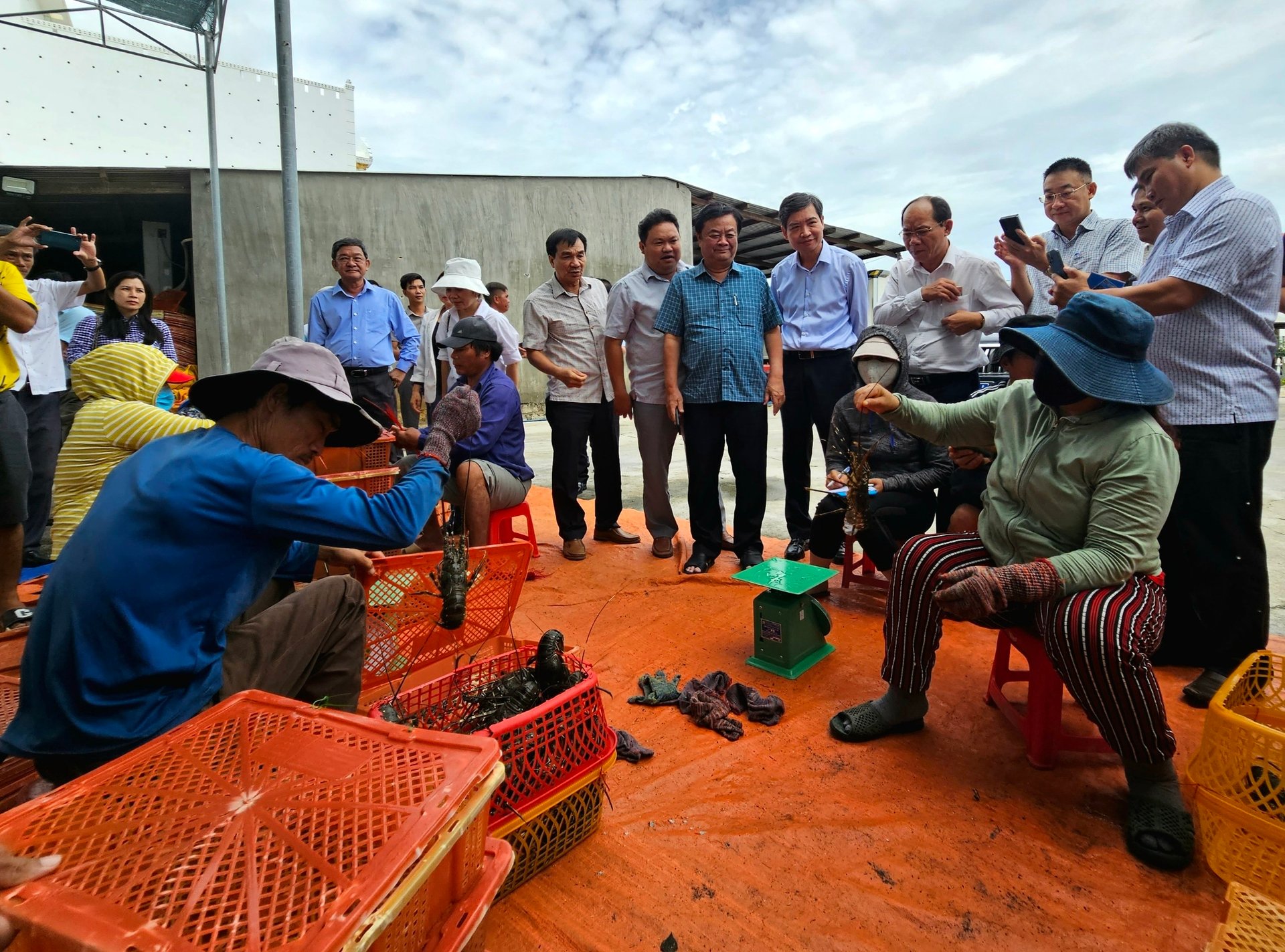
Minister Le Minh Hoan surveys at Song Cau Lobster General Service Cooperative. Photo: Kim So.
During the business trip to Phu Yen, the delegation of the Ministry of Agriculture and Rural Development surveyed the Song Cau Lobster General Services Cooperative, Phu Duong village, Xuan Thinh commune, Song Cau town.
This cooperative was established in early 2023 with seven members and has now attracted 18 more members, mainly lobster farmers in Song Cau town, to complete the chain of links from production to consumption.
Mr. Doan Van Quang, Director of Song Cau Lobster General Services Cooperative, said that from the beginning of the year until now, the cooperative had harvested about 120 tons of lobster, of which 30 were from cooperative members. Currently, China is the cooperative's primary lobster export market.
According to Mr. Doan Van Quang, because it was newly established, the management and operation of the cooperative is still confusing. Lobster farming by cooperative members is unstable because the water surface has not been allocated for aquaculture in cages. Furthermore, the current weather changes erratically, making shrimp farming difficult and causing much stock loss. In addition, there is a shortage of lobster breeds, so since the beginning of this year, the cooperative has not stocked them again.
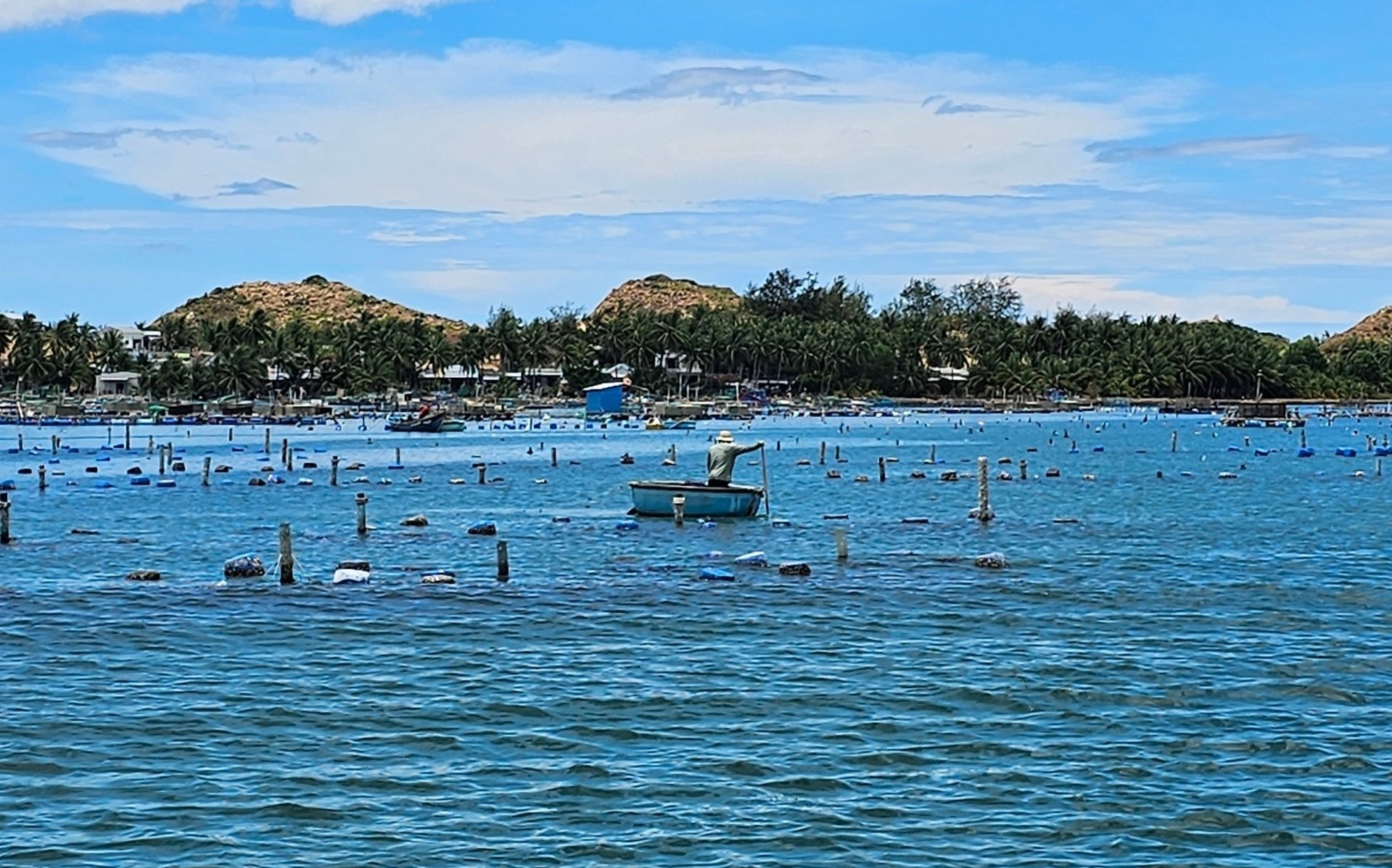
Lobster farming on Xuan Dai Bay, Song Cau town, Phu Yen province. Photo: Kim So.
Mr. Nguyen Tri Phuong, Deputy Director of Phu Yen Department of Agriculture and Rural Development, added that to help stabilize lobster output at the cooperative, the Institute of Fisheries Economics and Planning (Ministry of Agriculture and Rural Development) is currently building the project "Building a linkage model in lobster production and consumption." Up to now, the project is mobilizing breed supply and export businesses with codes to form a complete chain of links soon.
Associate Professor Dr. Vo Van Nha, Deputy Director of the Institute of Aquaculture Research III, said that currently, people mainly raise two types of cotton lobster and green lobster. However, blue lobster is widely farmed, accounting for more than 80% of production because of its short farming time of only 8-10 months to harvest.
Particularly, blue lobsters are researched by industrial food institutes from breed to maturity so they can be raised industrially in a closed manner. However, despite the research results, businesses must have a delay and time to mass produce food to supply to farmers.
Regarding the chain link from production to consumption, the current problem is that farmers do not have a farming area code. Because before, people only knew how to raise and sell but did not have a purchasing department.
Therefore, according to Associate Professor Dr. Vo Van Nha, we must own the cooperative to be the place where the origin can be traced. Once the origin is traced, all stages from production to consumption will be removed. With the establishment of Song Cau Lobster General Services Cooperative to do this, he believes that it is practical and needs to be promoted and replicated.
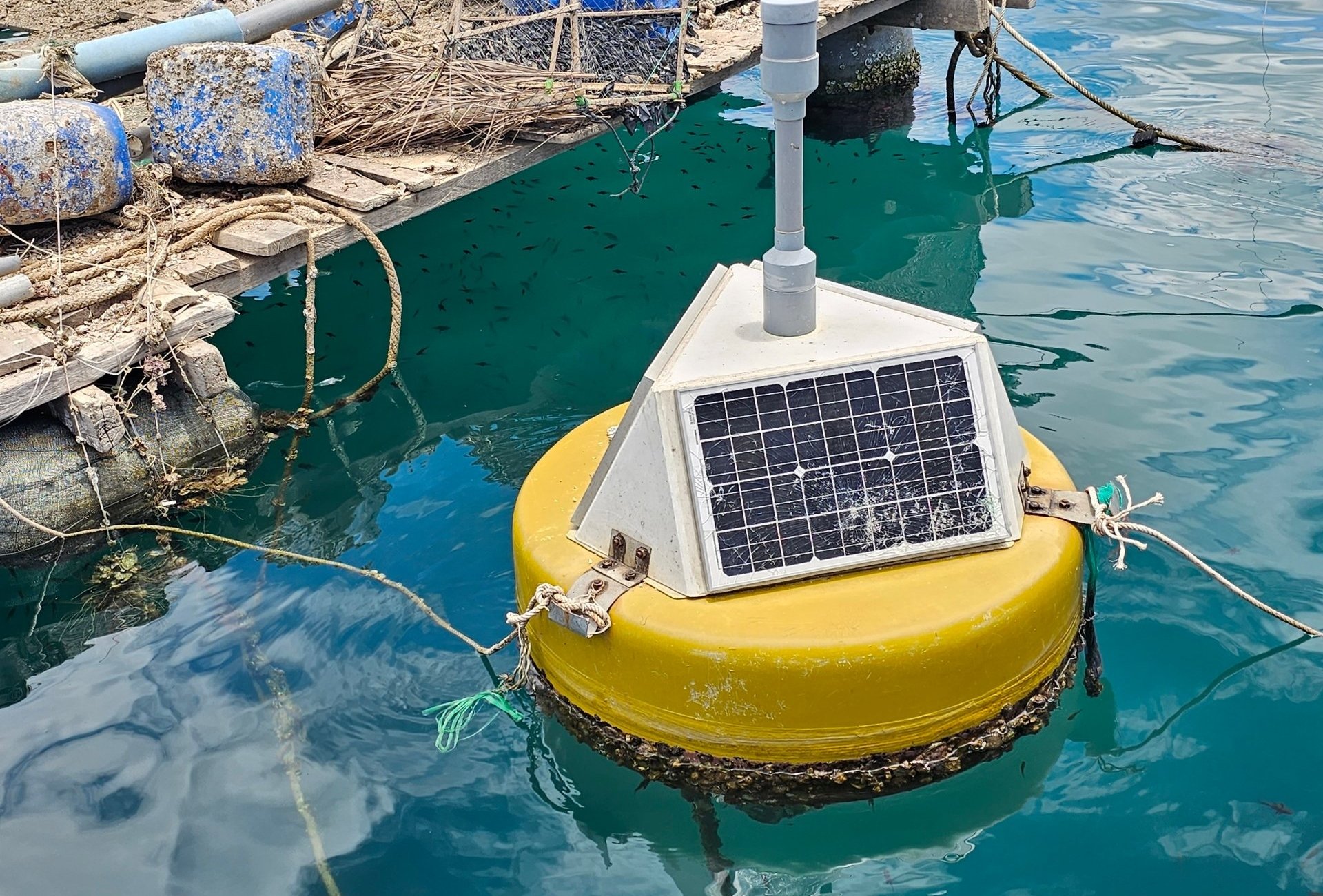
Monitoring and warning of the environment in the lobster farming area in Song Cau town. Photo: Kim So.
At the working session, Minister Le Minh Hoan requested that the Song Cau town government implement digital transformation in aquaculture because this digital transformation is practical and related to the market.
For self-managed community groups in aquaculture, the Minister noted that it is necessary to convey to people a clear understanding of the meaning of the group and what it operates for cooperatives must become a value-creating commodity chain in reducing food costs, increasing quality, aiming to build brands and diversify products. If the cooperative only buys and resells, it is only called a collective trader, not a cooperative... In addition, aquaculture's environment is essential, so it must be protected, not thrown into the sea, collected and treated. Manage appropriately according to regulations and carry out regular environmental monitoring and warnings to help people avoid damage.
Regarding lobster breeds, Associate Professor Dr. Vo Van Nha said the main supply is currently from the Philippines, Indonesia, and Sri Lanka. However, it is still imported through a third country from Singapore. Each year, the number of lobsters needed is 8 - 10 million, but according to import records, the number must be about 80 - 90 million. This proves that a large amount of shrimp breed is lost due to the process of transportation and nursery, strict inspection, and quarantine before being sold.
Recently, illegally transporting and trading lobster breeds from abroad into Vietnam via road and air has been quite common and complicated at international airports (Noi Bai Airport, Tan Phu Airport). Son Nhat) and through several localities that share a border with Cambodia. Lobster breeds illegally transported from abroad into Vietnam lead to the risk of being infected with white spot pathogens and milk disease, potentially seriously affecting the Vietnamese shrimp farming industry. The Ministry of Agriculture and Rural Development has issued a document directing the People's Committees of provinces and centrally-run cities to prevent smuggling, trading, and transporting lobster breeds.
Translated by Tuan Huy

(VAN) On April 15, Minister of Agriculture and Environment Do Duc Duy hosted Ms. Dechen Tsering, Regional Director of the United Nations Environment Programme (UNEP) Asia-Pacific.

(VAN) The Ministry of Agriculture and Environment and the Ministry of Industry and Trade, in coordination with relevant ministries and agencies, have established five inter-sectoral inspection teams to conduct inspections in 10 provinces and cities.

(VAN) South Africa commits to working with Vietnam to conserve biodiversity, promote a just energy transition, manage marine areas, and develop sustainable aquaculture.
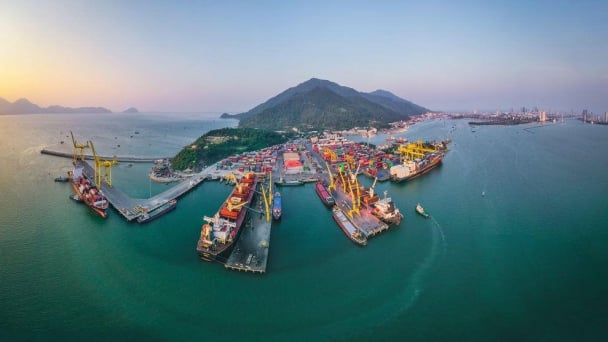
(VAN) Vietnam Agency of Sea and Islands has proposed that the MAE organize the Vietnam Sustainable Maritime Economy Development Forum in 2025.
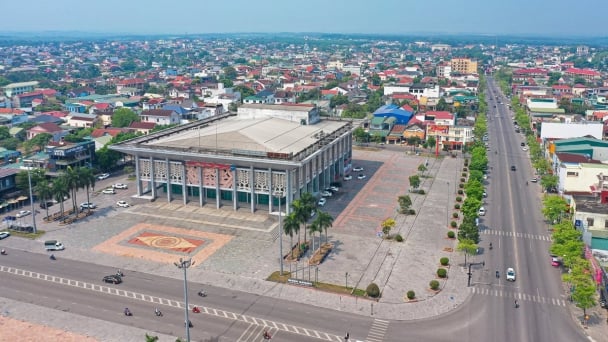
(VAN) Deputy Prime Minister Nguyen Hoa Binh has just signed a decision approving the Project to organize administrative units at all levels and build a two-tier local government structure.
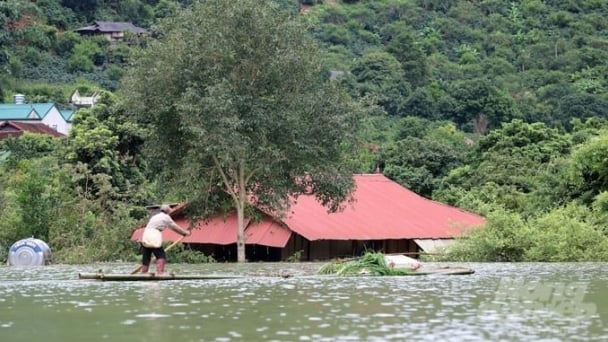
(VAN) This is an important goal that the UN-Habitat organization of the United Nations is implementing in Son La, aiming to respond to climate change and reduce disaster risks.
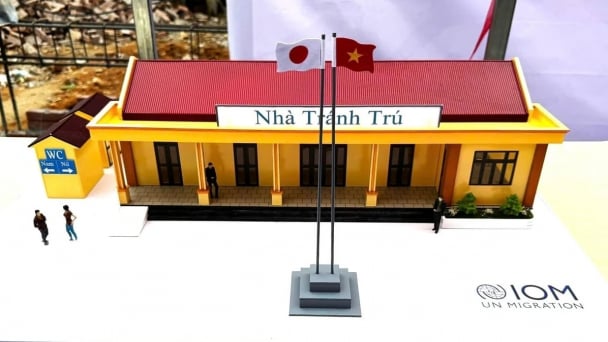
(VAN) In the context of increasingly complex climate change, the International Organization for Migration (IOM) is committed to supporting Vietnam in developing safe and sustainable migration models.